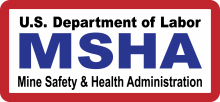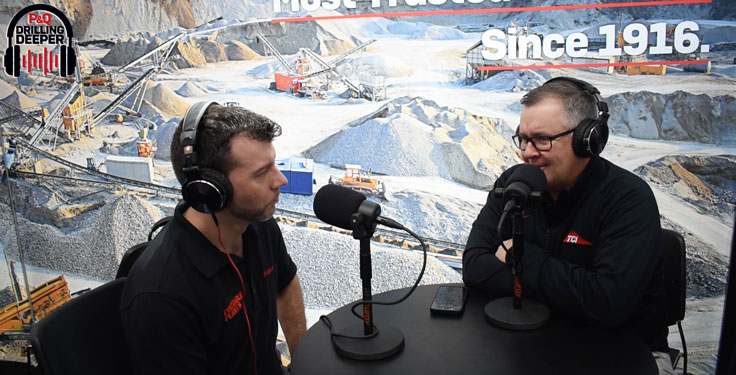How to handle the closeout conference
Some time ago, we received a call from a mine manager who was pretty upset.
He explained that he had recently attended an industry safety conference where a Mine Safety & Health Administration (MSHA) district manager had publicly encouraged operators to fully participate in closeout conferences.
 According to the mine manager, the district manager had indicated it was crucial for inspectors to be provided with all mitigating facts in order to enable them to properly evaluate any citation or order they were issuing. Without that information, the district manager said, citations and orders could contain inaccurate allegations of violation, gravity and/or negligence and produce needless litigation.
According to the mine manager, the district manager had indicated it was crucial for inspectors to be provided with all mitigating facts in order to enable them to properly evaluate any citation or order they were issuing. Without that information, the district manager said, citations and orders could contain inaccurate allegations of violation, gravity and/or negligence and produce needless litigation.
It turns out the mine manager had taken the district manager’s encouragement to heart and had just finished a closeout conference at his operation. During the closeout, his management team made substantive arguments about a number of citations that had been issued by the inspector.
With respect to one citation that was marked high negligence, they presented work orders that indicated the company was working in good faith to effectively resolve the specific condition that had been cited. The operator’s reward for this effort, however, was a modification of the citation from a regular citation to an unwarrantable failure citation. The manager was furious and felt like he had been set up. He vowed his team would never say another word in a closeout conference again.
Best approaches
The manager’s frustration was understandable, but his initial reaction of never participating again might have been too extreme. The best strategy for a closeout conference, like an inspection, depends on a lot of factors.
Chief among these factors are the negligence and/or gravity of the citations and the predisposition of the inspector. A careful evaluation of these factors can determine whether you should engage in a discussion with the inspector or shift to listening mode and live to fight another day.
If a regular 104(a) citation is marked high negligence, the operator should recognize immediately that very little is needed to tip it into the 104(d)(1) “unwarrantable failure” category. Often during the closeout, inspectors will listen closely to management for any information that would indicate the operator had knowledge of a particular practice or condition.
In the case of the closeout discussed above, that information came in the form of the work orders presented by the management team. What was intended to demonstrate good faith efforts on the part of the operator was interpreted by the inspector as evidence of management knowledge.
Operators can also identify red flags in the demeanor of the inspector. If the inspector has been aggressive and argumentative during the inspection, operators can often anticipate the probable reaction to a management argument challenging the inspector’s enforcement judgment.
Similarly, if inspectors have indicated during the inspection that they are deferring to the field office supervisor with respect to a number of enforcement decisions, it is a fair guess that the chances of convincing the inspector to make modifications are probably fairly slim.
When these red flags are identified, it’s time to listen, ask questions and take notes. Ask the inspector what facts support the allegation in the citation that an injury or illness is “reasonably likely.” Ask inspectors if they identified any mitigating circumstances. If the citation alleges unwarrantable failure, ask what issues demonstrate “aggravated conduct.”
With the benefit of this additional information, any argument you can make at the closeout can probably be made more effectively at an informal conference. The point here is not to establish a hard-and-fast rule that operators should never participate in closeout conferences. Rather, the point is that operators should apply a good dose of common sense in evaluating the inspection landscape in deciding whether to speak up.
District managers often emphasize that their inspectors have authority to make changes to citations at closeout conferences. In fairness, inspectors sometimes do make changes to citations based on information provided by the operator during the conference. The key to successfully navigating this process is to understand that there are potential pitfalls in this process.
Bill Doran and Margo Lopez are with the national labor, employment and safety law firm Ogletree Deakins.









